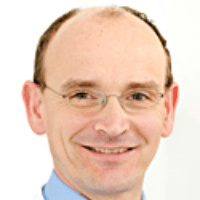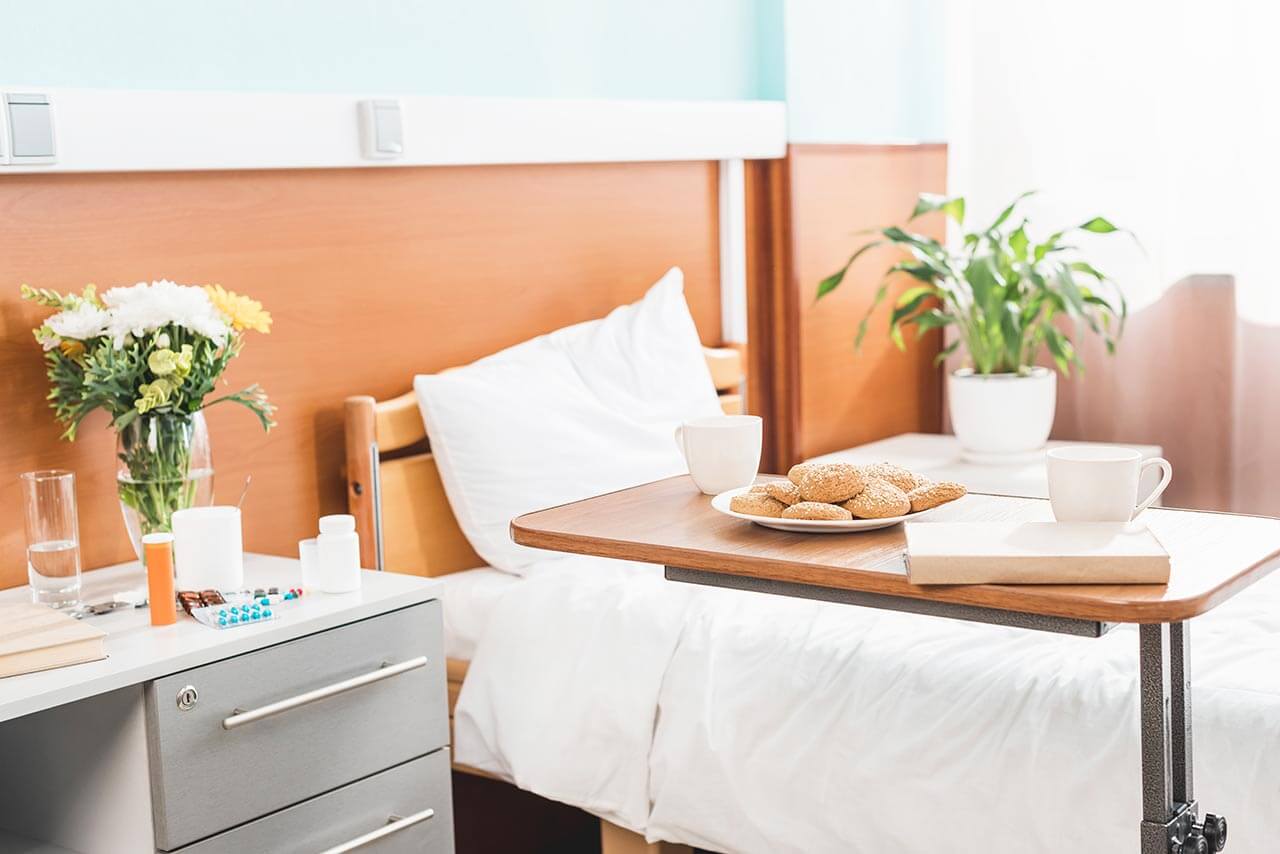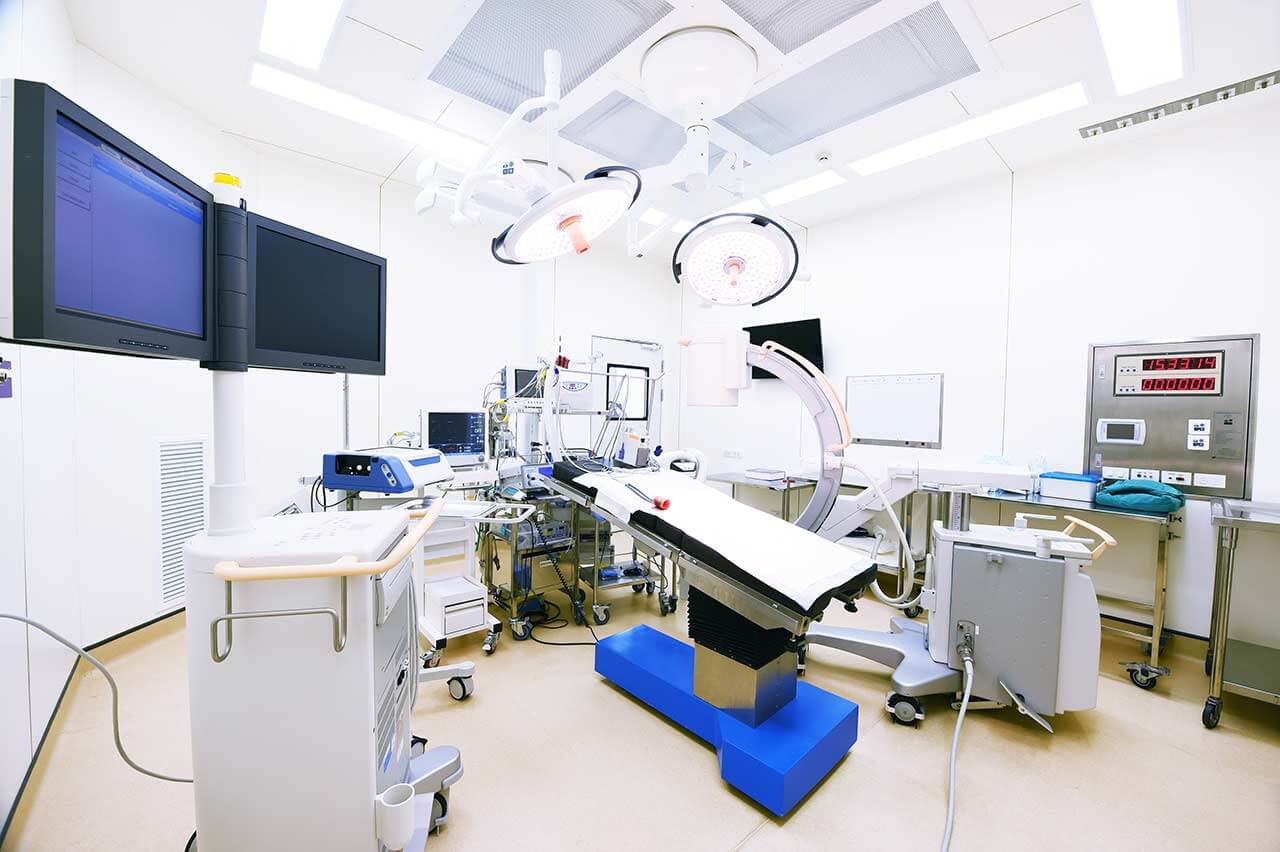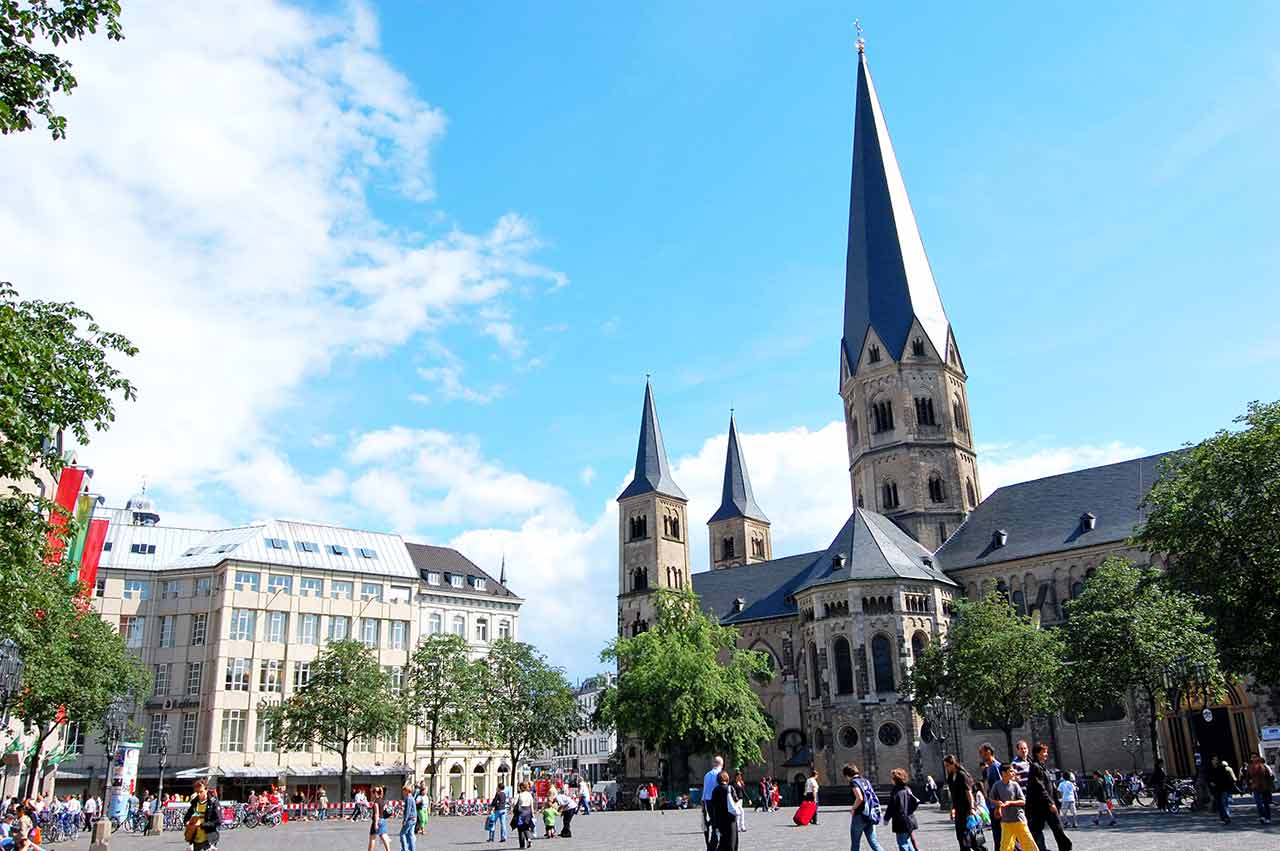
The program includes:
- Initial presentation in the clinic
- case history collection
- general clinical examination
- laboratory tests:
- complete blood count
- biochemical analysis of blood
- TSH-basal, fT3, fT4
- differential blood count
- inflammation indicators (CRP, ESR)
- indicators of blood coagulation
- CT/MRI scans of the whole body
- needle biopsy of the bone marrow
- biopsy and histological examination of CSF
- examination by experts of:
- cardiology
- otolaryngology
- immunology
- ophthalmology
- registration in the European bone marrow donor base
- conducting high-dose chemotherapy
- allogeneic bone marrow transplantation from
unrelated donor - the cost of blood products
- isolation by neutropenic precautions
- symptomatic treatment
- control examinations
- the cost of essential medicines and materials
- nursing services
- full hospital accommodation
- explanation of future recommendations
How program is carried out
During the first visit, the doctor will conduct a clinical examination and go through the results of the available diagnostic tests. After that, you will undergo the necessary additional examination, such as the assessment of liver and kidney function, ultrasound scan, CT scan and MRI.
Also, the doctor will conduct a bone marrow biopsy followed by cytological examination of the harvested material. This will help him to determine the histological features of your bone marrow (in particular, identify HLA system antigens) and select a suitable donor. The donor can be a family member or a person from the bone marrow registry. In the second case, the donor material is stored in a bone marrow bank.
Before the procedure, you will receive chemotherapy, if necessary in combination with radiation therapy. The course of chemo- or chemoradiation therapy lasts from 2 to 8 days.
The bone marrow transplant procedure is an intravenous infusion, i.e. the healthy bone marrow will be injected through a catheter, intravenously. You will stay in your room during the procedure. A bone marrow transplant is completely painless and does not require anesthesia.
During the period of healthy bone marrow engraftment, you will stay in a sterile ward. This is a necessary precaution because during this time your immune system is very weak and cannot withstand environmental pathogens. The risk of bleeding is also quite high, so you will be advised to avoid mechanical damage.
A relative or other close person may stay in the ward with you. You will not be allowed to go outside the department and leave your ward often. The rehabilitation period can last from 1 to 2 months.
When your complete blood count returns to normal, your doctor will schedule your discharge from the department. You will receive information about the rules that you will need to follow at home, the frequency and type of control examinations, and subsequent treatment measures. You will also receive a detailed medical report, which will reflect the entire course of treatment.
Required documents
- Medical records
- MRI/CT scan (not older than 3 months)
- Bone marrow biopsy results (if available)
Service
You may also book:
 BookingHealth Price from:
BookingHealth Price from:
About the department
The Department of Oncology, Hematology, Rheumatology and Immunoncology at the University Hospital Bonn offers the full range of diagnostics and treatment of solid tumors, benign and malignant diseases of blood and bone marrow, rheumatic pathologies. The priority purpose of each employee in the department is to provide patients with an optimal medical care, based on the use of the very latest treatment methods. The department's specialists are distinguished by their high professionalism and colossal experience in the treatment of extremely complex clinical cases. The Chief Physician of the department is Prof. Dr. med. Peter Brossart.
The therapeutic options of the department include not only classical therapies, for example, chemotherapy, but also the therapy with the use of targeted drugs, such as antibodies, tyrosine kinase and mTOR inhibitors, immunotherapy, etc. The basic therapeutic techniques are complemented by supportive therapy, for example, pain therapy, diet therapy, physiotherapy, psychological support. All the treatment procedures are carried out in accordance with the GCP (Good Clinical Practice) standard. Great attention is paid to the interdisciplinary approach, which is provided within the Center for Integrated Oncology Cologne-Bonn.
The service range of the department includes:
- Oncology
- Diagnostics and treatment of bronchial carcinoma
- Diagnostics and treatment of gastrointestinal tumors
- Special counseling in pancreatic tumors
- Diagnostics and treatment of head and neck tumors (in collaboration with the Departments of Otolaryngology and Radiation Therapy)
- Diagnostics and treatment of gastrointestinal stromal tumors, bone and soft tissue sarcomas
- Diagnostics and treatment of cancer of unknown primary
- Diagnostics and treatment of renal cell carcinoma
- Diagnostics and treatment of progressive and recurrent testicular tumors and germ cells
- Supportive therapy for patients with cancer
- Diagnostics and treatment of thyroid cancer
- Hematology
- Diagnostics and treatment of multiple myeloma
- Diagnostics and treatment of leukemia (for example, acute myeloid leukemia, chronic lymphocytic leukemia, etc.)
- Diagnostics and treatment of lymphomas
- Diagnostics and treatment of myelodysplastic syndrome
- Diagnostics and treatment of myeloproliferative disorders
- Diagnostics and treatment of aplastic anemia
- Diagnostics and treatment of autoimmune hemolytic anemia / immune thrombopenia / thrombocytopenic purpura
- Diagnostics and treatment of highly malignant non-Hodgkin lymphomas
- Rheumatology
- Diagnostics and treatment of rheumatoid arthritis
- Diagnostics and treatment of psoriatic arthritis
- Diagnostics and treatment of spondyloarthropathy
- Diagnostics and treatment of gout
- Diagnostics and treatment of collagenoses and vasculitides
- Diagnostics and treatment of rare rheumatic diseases
- Immunoncology
- Diagnostics and treatment of solid tumors (especially metastatic malignant neoplasms of the head and neck, lungs and kidneys)
- Diagnostics and treatment of neoplasms of the hematopoietic (leukemia) or lymphatic system (lymphoma)
- Diagnostics and treatment of other diseases
Curriculum vitae
Education and Professional Experience
- 10/1984 - 5/1991 Study of Medicine at the University of Tuebingen.
- 6/1991 Doctoral thesis defense, University of Tuebingen, overall assessment: excellent.
- 6/1991 - 8/1992 Intern in the Department of Hematology and Oncology, University Hospital Freiburg.
- 09/1992 - 01/1995 Research Fellow at the University Hospital Heidelberg, Department of Hematology, Oncology and Rheumatology.
- 02/1995 - 01/1997 Research stay funded by the German Cancer Aid at the Howard Hughes Medical Institute, Department of Immunology, University of Washington, Seattle, USA (Prof. M. J. Bevan).
- Since 1/1997 Research Fellow at the University Hospital Tuebingen, Department of Hematology, Oncology, Immunology and Rheumatology.
- Since 12/1999 Board certification in Internal Medicine, additional qualification in Hematology and Internal Oncology.
- 02/2001 Habilitation in Internal Medicine.
- 02/2001 - 12/2007 Head of the Department of Internal Medicine at the University Hospital Tuebingen.
- Since 2002 Founding Member and Member of the Advisory Board of the Association "Cancer Immunotherapy" (KIMT).
- Since 2003 Member, "Molecular targeted therapy of cancer" (MTTC).
- Since 2004 Guest Professorship at the Faculty of Medicine of the University of Genoa, Italy.
- 05/2004 Second place in the appointment procedure for a C3 Professorship in Clinical and Molecular Tumor Immunology at the Faculty of Medicine at the University Hospital Charité, Berlin, Campus Benjamin Franklin.
- 06/2006 Third place in the appointment procedure for a W3 Professorship in Hematology and Oncology at the Faculty of Medicine at the University of Erlangen.
- 09/2006 Third place in the appointment procedure for the W3 Professorship in Hematology and Oncology at the Faculty of Medicine at the University of Magdeburg, rejected.
- 06/2007 Invitation to the Chair (W3) of Hematology and Oncology, University of Bonn.
- Since 01/2008 Director of the Department of Oncology, Hematology, Rheumatology and Immunoncology at the University Hospital Bonn.
Prizes and Awards
- 10/1998 Arthur Pappenheim Prize for Hematology and Hematological Oncology by the German Society of Hematology and Oncology.
- 07/2006 Clinical Science Award 2005 by the German Society for Immunotherapy.
Membership in Professional Societies
- German Society of Hematology and Oncology (DGHO).
- American Society of Hematology (ASH).
- Section Editor of the Journal "Leukemia".
Review Activities
- German Research Foundation.
- German Cancer Aid.
- Cancer Society of the Netherlands, Belgium, France, Sweden and the UK.
Review Activities in the International Journals
- Nature.
- Nature Medicine.
- Immunity.
- J Clinical Investigation.
- PNAS.
- Blood.
- Cancer Research.
- J Immunology.
Photo of the doctor: (c) Universitätsklinikum Bonn
About hospital
According to the authoritative Focus magazine, the University Hospital Bonn ranks among the top ten medical facilities in Germany!
The hospital was opened on January 1, 2001, although in fact it inherits the medical facility, which operated at the Faculty of Medicine of the University of Bonn. The hospital in Germany combines all the highest standards of modern university medicine of the international level. A highly competent team of experienced physicians, which consists of more than 8,000 employees from various fields, takes care of the patients’ health.
The hospital has 32 specialized departments and 23 institutes, which implement the highest standards of treatment in Germany. On their basis, in addition to the successful clinical activities, the productive research and training of young specialists are carried out. Also, the hospital has 10 intensive care units and more than 30 cutting-edge operating rooms. They are equipped with the advanced surgical, navigation and monitoring systems, which provide sparing and the most effective surgical treatment. The total number of places for hospitalization is 1,250 beds.
The hospital presents all fields of medicine, while many of them are awarded by prestigious German and international certificates. For example, in 2007, the Comprehensive Cancer Center of the hospital became one of the four winners at the nationwide competition among Cancer Centers of Excellence. The research focuses primarily on the clinical genetics and genetic epidemiology, neurology, immunology and infectiology, hepatology and gastroenterology, and diseases of the cardiovascular system. The research findings contribute to the development of new therapeutic methods and overall improvement of treatment in Germany.
The main value for all employees of the hospital in Germany is human health, his individual needs and wishes, therefore, despite the high-tech infrastructure, the focus remains on the human attitude and respect for each patient.
Photo: (с) depositphotos
Accommodation in hospital
Patients rooms
The patients of the University Hospital Bonn live in cozy single, double and triple rooms, designed in bright colors. The standard room furnishing includes a comfortable bed with a remote control, a bedside table, a wardrobe, a table and chairs, as well as a TV and a telephone. Each patient room is equipped with an ensuite bathroom with toilet and shower. The hospital also provides enhanced-comfort rooms.
Meals and Menus
The patients of the hospital are offered tasty and balanced three meals a day: breakfast, lunch and dinner. Every day each meal features three different menus, including a vegetarian one. If you for some reason do not eat all the food, you will be offered an individual menu. Please inform the medical staff about your dietary preferences prior to the treatment.
Further details
Standard rooms include:
Religion
Christian priests are available for the patients at any time. Representatives of other religions may be requested at any time.
Accompanying person
Your companion may stay with you in your room or at a hotel of your choice during the fixed program.
Hotel
You may stay at the hotel during the outpatient program. Our employees will support you for selecting the best option.
The hospital offers a full range of laboratory tests (general, hormonal, tests for infections, antibodies, tumor markers, etc.), genetic tests, various modifications of ultrasound scans, CT scans, MRI and PET / CT, angiography, myelography, biopsy and other examinations. Treatment with medications, endoscopic and robotic operations, stereotaxic interventions is carried out here, modern types of radiation therapy are also used. The hospital offers patients all the necessary therapeutic techniques.
- Surgical treatment of the brain tumors, tumors of spinal cord and spine
- Replacement of all joints, resection arthroplasty
- Deep brain stimulation and vagus nerve stimulation in patients with epilepsy
- Multimodal complex treatment of Parkinson disease
- Thoracic endovascular aortic repair (TEVAR)
These are benign and malignant breast pathologies, malignant tumors of various localizations, neuromuscular diseases, stroke, retinal pathologies and various visual impairments, infertility, autoimmune diseases, epilepsy, coronary artery disease and myocardial infarction, leukemia and other pathologies.
- Ophthalmology
- Epileptology
- Reproductive medicine
- Hematology and oncology
- Neurosurgery
Over 8,000 highly qualified doctors and other employees work at the hospital.





